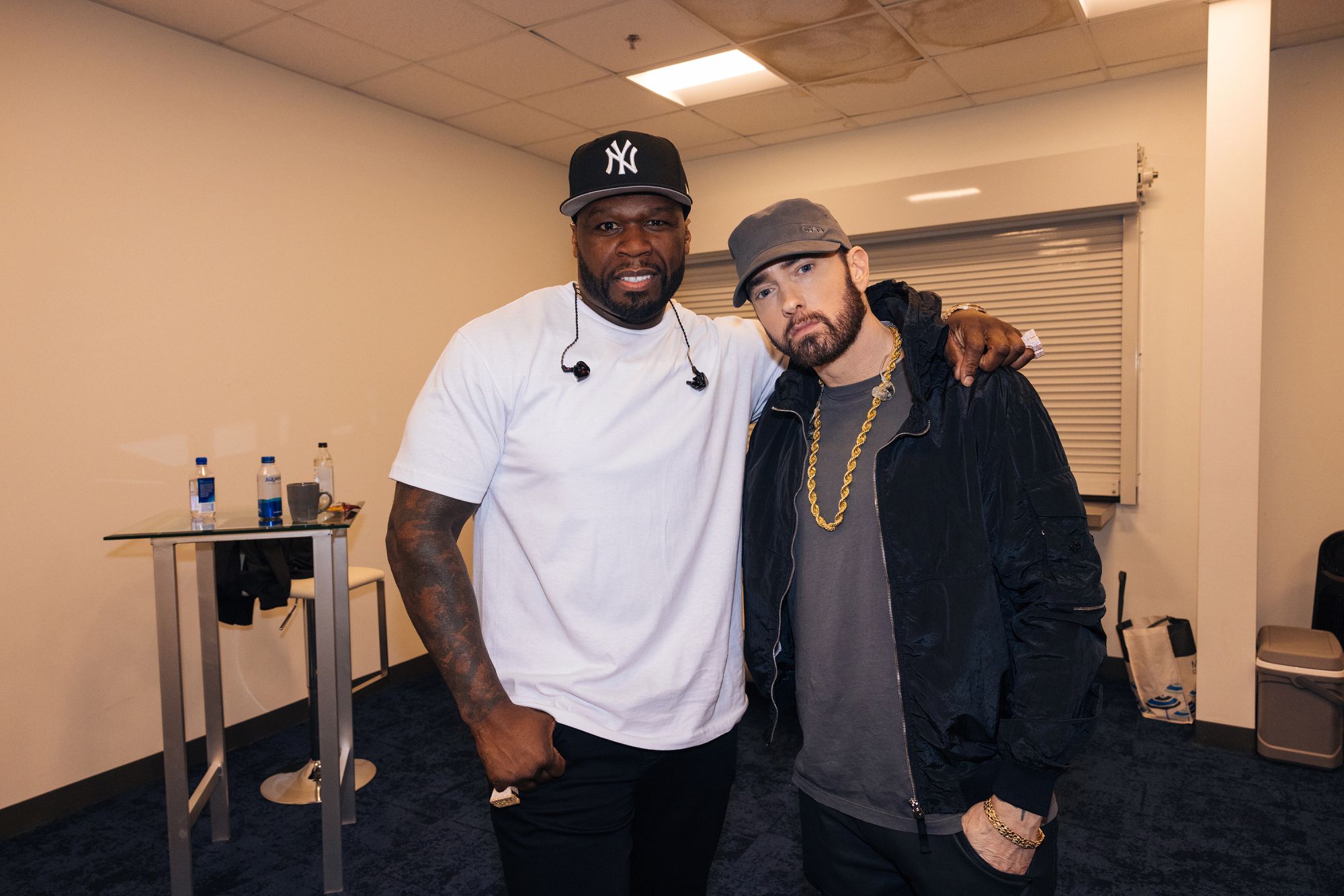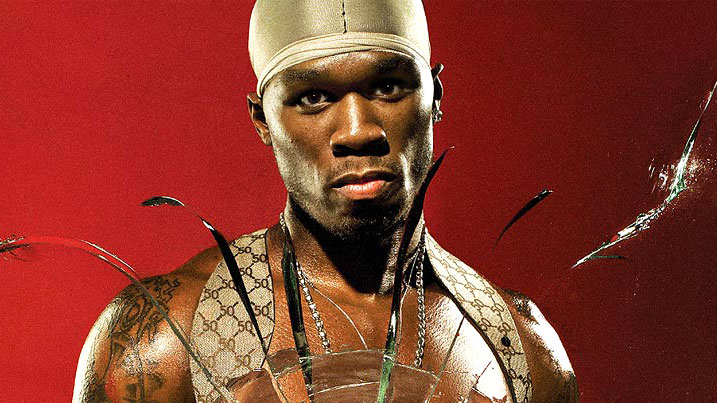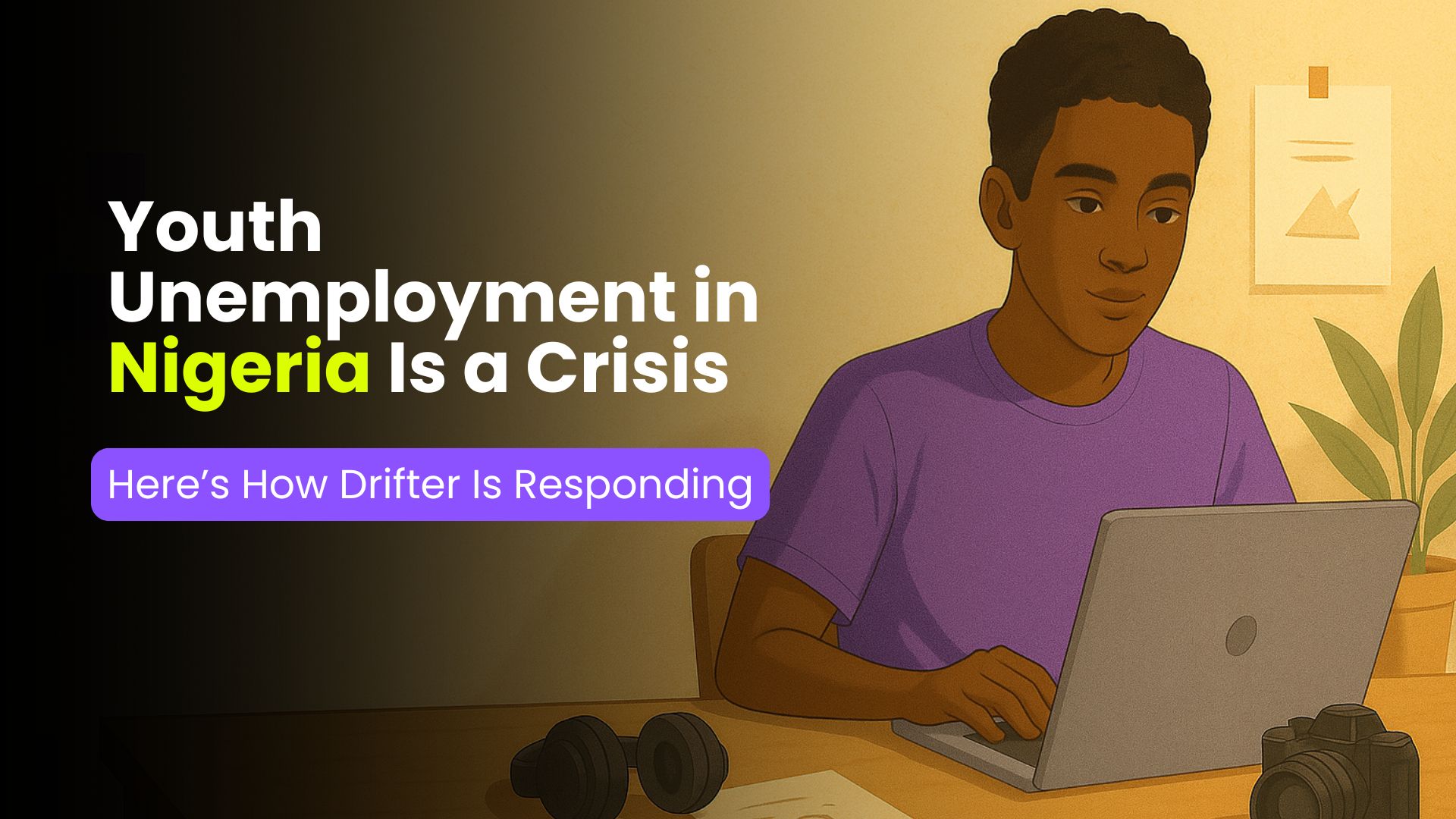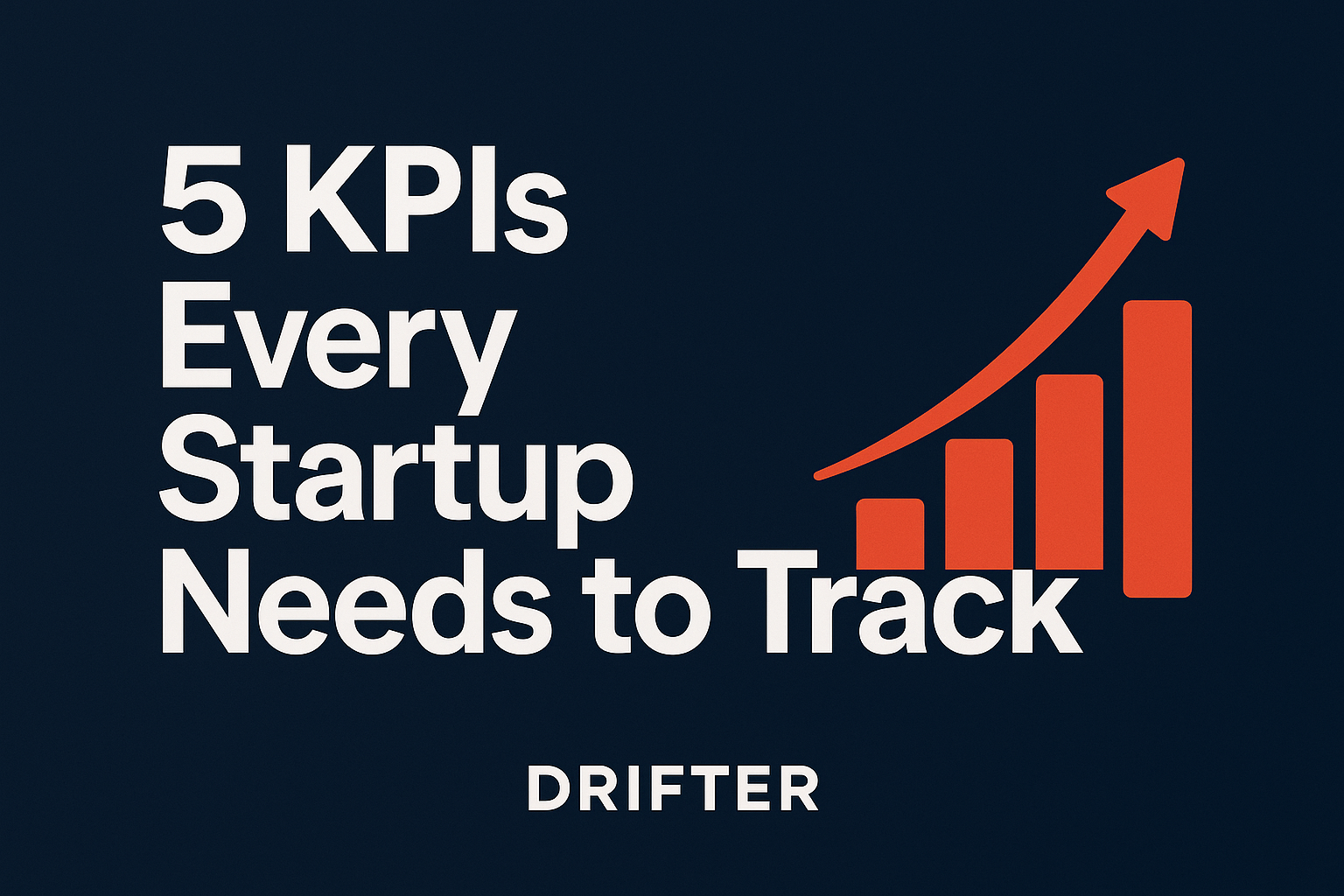Let’s journey back to the year 2000, when nine bullets struck 50 Cent’s hand, arm, hip, both legs, chest, and left cheek.
“After I was shot nine times at close range and survived, I started to believe I had a purpose in life,” 50 wrote in his 2005 autobiography, From Pieces to Weight: Once Upon a Time in Southside Queens. “How much more damage could that bullet have done? Move it an inch in either direction, and I wouldn’t be here.”
Following the shooting, 50 Cent’s label, Columbia Records, dropped him and canceled his planned 2000 debut album, Power of the Dollar. He was also blacklisted from the industry because of one controversial song, “Ghetto Qur’an,” in which 50 named drug dealers from his South Jamaica, Queens neighborhood in the 1980s.

50 Cent's Canadian Comeback
After facing these challenges, he resolved to make a comeback and innovate the mixtape format. Before 50 Cent, hip-hop mixtapes were typically recordings of live shows, eventually evolving into platforms for DJs to have rappers freestyle over other people’s (often iconic) beats.
Blacklisted, 50 Cent traveled to Canada with business partner Sha Money XL to create mixtapes to build his reputation. Around 2002, he released a solo, 18-track mixtape, Guess Who’s Back, featuring some material from Power of the Dollar. Then, he teamed up with his G-Unit partners, the lyrically skilled Lloyd Banks and the dynamic Tony Yayo, to produce three remix mixtapes—50 Cent Is The Future, No Mercy, No Fear, and God’s Plan—remixing classic hits from top-tier rappers like Jay-Z, Mobb Deep, Wu-Tang Clan, and others.
Breakthrough with Eminem
It wasn’t long before Eminem, who was dominating the music scene with three consecutive classic albums, gave 50 Cent his big break. The rest is history.
Today, mixtapes are essentially albums with original production, illustrating how far they have come. In the realm of LPs and EPs, mixtapes are crucial in hip-hop for gaining recognition, whether you’re a major artist or not. However, as with most aspects of hip-hop, understanding the originators, pioneers, and innovators is equally important.
Let us know if you enjoyed reading this article. Say Hi!








